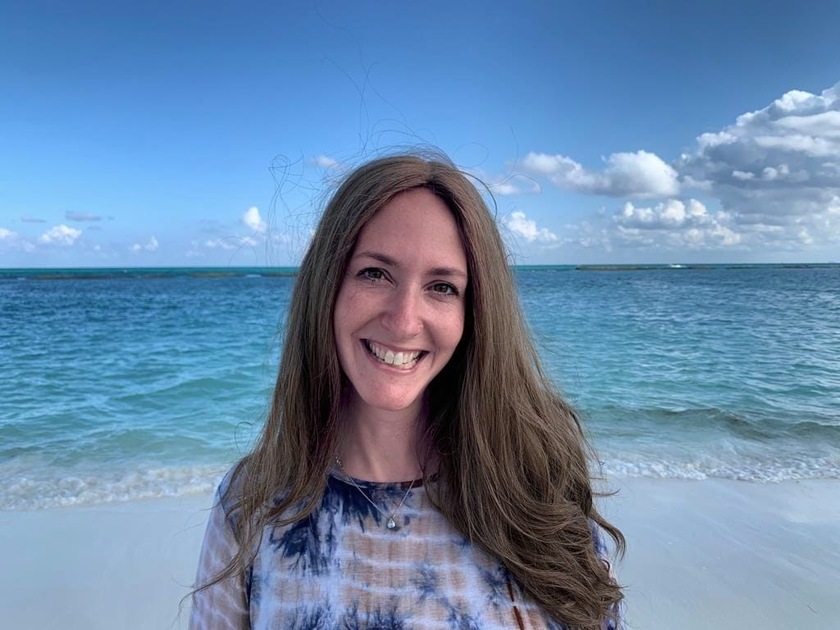
Rethinking the Phrase: “Off the Derech”
Have you ever heard another Jew described as going “off the derech”? What did that mean to you? How did that make you feel? I’m having a hard time with it.
One occupational hazard of being part of a broad group of communities that identify strongly with religious observance, is a tendency to see people through the glaringly harsh lens of affiliation. For the purposes of choosing a spouse, community, Rabbi, shul, or school, it can be helpful to try and define our own relationship to “hashkafa”- religious outlook, along with our degree and style of adherence to Halacha and minhag- religious law and custom. This can help us clarify who, where, with whom, and how we want to be, religiously and culturally. There can be something comforting about relating to a group identity and feeling of belonging.
It can be tricky to balance a sense of integrity about what we practice, with a sense of respect and acceptance about what others do or don’t practice. It can get particularly personal when referring to individuals whose life paths have taken them in a different direction than the ones scripted to them by birth or formal education. The phrase “off the derech” has insinuated its way into Orthodox vernacular. As a therapist, an educator, a parent, and a Jew, I find myself feeling very uncomfortable with the widespread use of the phrase "off the derech" to describe individuals who choose a different path than the one espoused by the speaker.
I realize that people use it colloquially and innocently, and I don't judge individuals who do so, any more than I would judge minor grammatical errors. But to me, the phrase itself feels pretentious, condescending, and self-righteous. Maybe it’s the definite article: “THE derech”- as though there were only one true path leading to virtue or truth, and the speaker knows with absolute certainty that the person in question chose the wrong one. As opposed to ours.
The pasuk says: Deracheha darchei noam (Her wayS are ways of pleasantness) the word is plural, modifying the ways of Torah, and they're meant to be sweet. There are many derachim (ways) for a person to serve G-d. Some are more circuitous, counter-intuitive, and/or private than others. We are never really privy to the thoughts, feelings, beliefs, or struggles in someone else’s heart and soul. One might believe “Reuven” is a sinner for transgressing Shabbos. But it’s possible that in reality, G-d is judging him to be a tzaddik, every day that he observes the mitzvah to live, rather than succumb to the desire to take his own life. One might consider Rabbi X to be a holy and righteous man, on the basis of all the public praying and Torah studying he does. Yet it’s entirely possible that G-d sees how he is exploiting children in sinister ways behind closed doors. Is the Rabbi then “on the derech”? And what if Rabbi X describes Reuven as “off the derech”, while Rabbi X is, in fact, the reason that Reuven needs to devote all his mental energy to surviving each day? This stuff happens. We are living in an olam hafuch (upside down world)- we don't ultimately know who is on which “derech” or where each person is headed.
It’s probably best to avoid judging or talking about others this way altogether. Yet if we must make reference to the fact than someone has chosen a different path for himself religiously than the one imposed upon him by others, I’m hoping we can find a kinder, humbler, more respectful way to acknowledge it. Maybe something along the lines of: “he is finding his own way right now.” Because wherever his path ultimately takes him, having religious people label him as “off the derech” is certainly not going to help him find his way. And I can’t imagine G-d wants us talking that way about His kids, anyway.
“Be kind- everyone you meet is fighting a battle you know nothing about.”*
[*Source: The Internet, quoted unsubstantiatedly, in the name of a variety of historical smart people, who don’t mind ending a poignant sentence with a preposition.]
Check out my new course!
A Religious Families Guide to Healthy Holy Sex Education: Sacred Not Secret
Elisheva Liss, LMFT is a psychotherapist in private practice. Her book, Find Your Horizon of Healthy Thinking, is available on Amazon.com. She can be reached for sessions or speaking engagements at speaktosomeone@gmail.com More of her content can be found at ElishevaLiss.com
 Previous
Previous

